Bali, 24 October 2024
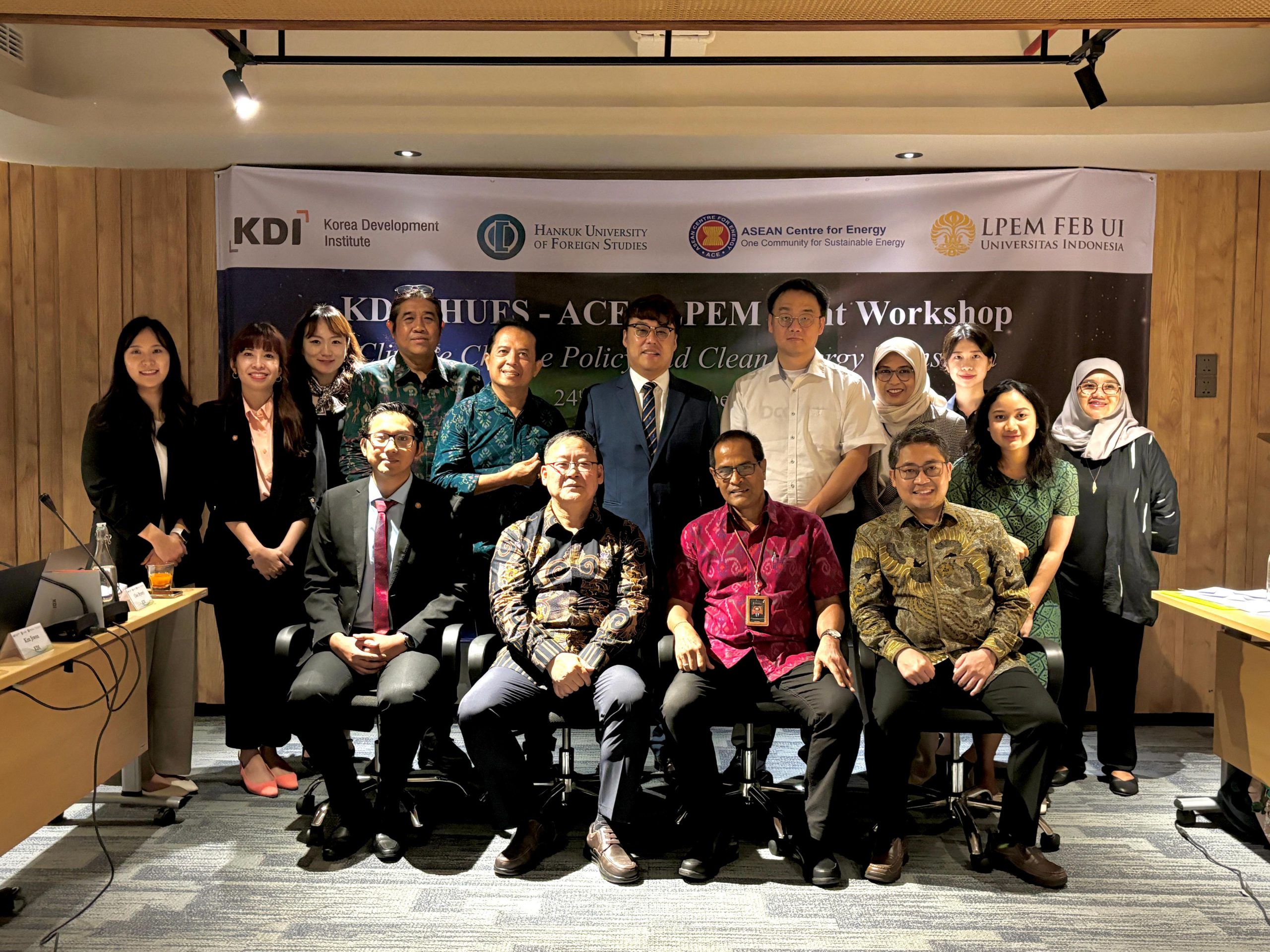
Photo 1. Participants of the “Climate Change Policy and Clean Energy Transition” Workshop in Denpasar, Bali, 24 October 2024.
The ASEAN Climate Change and Energy Project (ACCEPT), ASEAN’s first officially integrated energy-climate project is actively promoting knowledge sharing on energy and climate nexus in the region as one of its main outcomes. In order to achieve this, ACCEPT recognises the importance of boosting research collaborations to streamline policies and initiatives that support climate change and clean energy transition across the region.
Hence, in this effort, the ASEAN Centre for Energy (ACE) through ACCEPT held a joint workshop with Korea Development Institute (KDI), Hankuk University of Foreign Studies (HUFS), and the Institute for Economic and Social Research (LPEM) of University of Indonesia entitled “Climate Change Policy and Clean Energy Transition” in Bali, Indonesia, on 24 October 2024. This workshop aims to strengthen regional perspectives through collaborations and discuss the importance of global cooperation on climate change and potential strategies to be implemented in the region. In attendance were academicians and experts from KDI, HUFS, Korea Institute for Industrial Economics and Trade (KIET), Climate Change Center, ACE, LPEM of University of Indonesia, and Udayana University.
The workshop was kicked off by opening remarks from Dr Daeyong Kim, Director of Development Research at Centre for International Development (CID), KDI. Dr Zulfikar, Head of Energy Modelling, Policy, and Planning (MPP) Department at ACE, Prof. I Nyoman Budiarsa, Vice Dean, Faculty of Engineering of Universitas Udayana, and Dr Chaikal Nuryakin of LPEM, University of Indonesia, also provided opening remarks.
Dr Jinmyon Lee, Senior Research Fellow of KIET, delivered a keynote speech that shed light onto South Korea and Indonesia’s partnership, setting the tone for the workshop and future international cooperation on climate change mitigation. It is also mentioned that regional stakeholder engagement also crucial to support the energy transition that is align with global commitment.
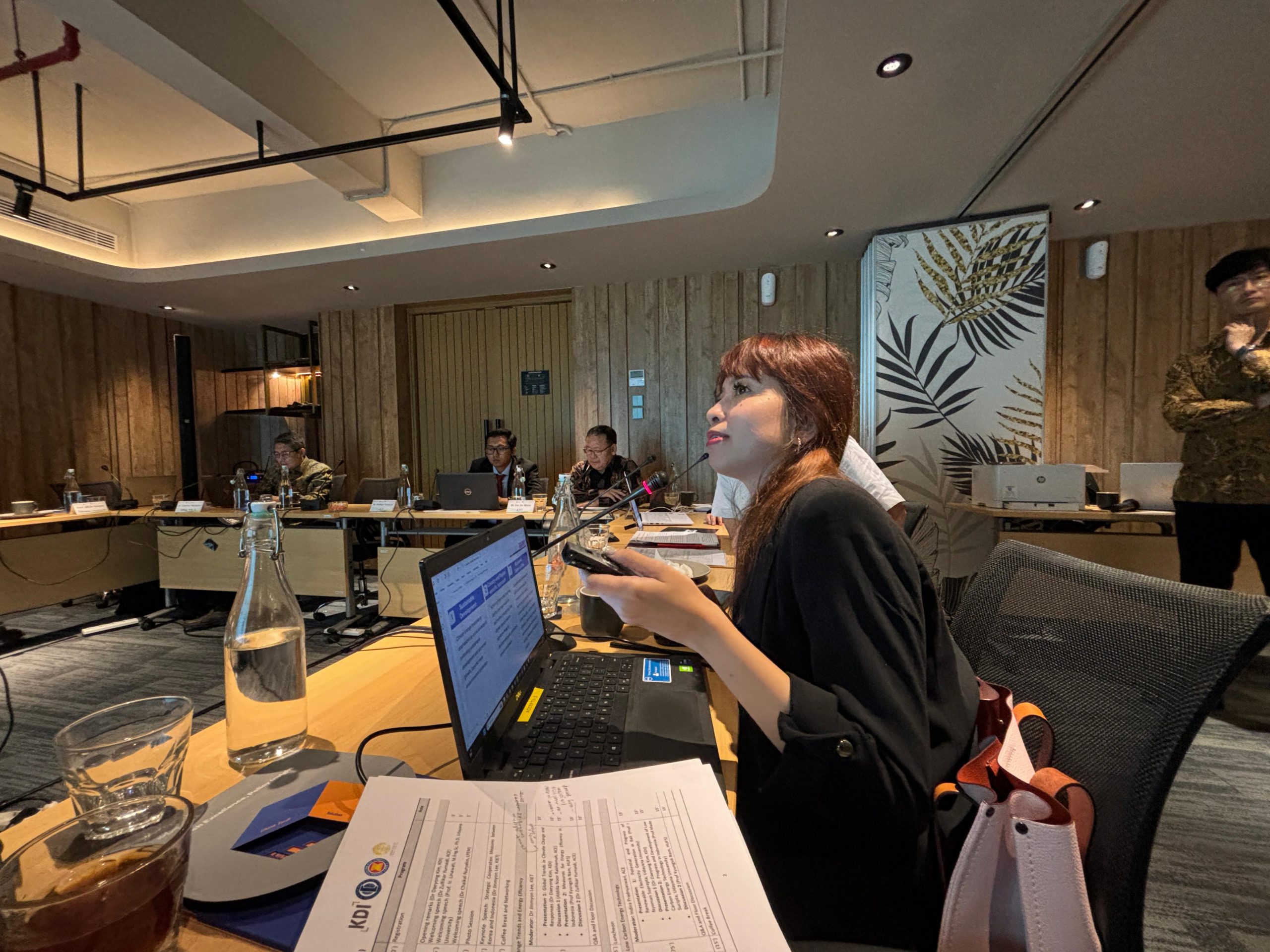
Photo 2. Aldilla Rakhiemah, Senior Research Analyst of ACCEPT, during the discussion session.
Following Dr Jinmyon’s speech, he commenced the first session as the moderator and focused on the theme of “Climate Change Trends and Energy Efficiency”. Dr Dayeong began by presenting an overview of “Global Trends and Responses in Climate Change”. He put emphasis on the need for sustainable development and green growth moving forward, underlining the importance of recognising climate finance challenges and boosting more clean technology innovations. Aldilla Rakhiemah, Senior Research Analyst of ACCEPT, led the subsequent discussion session and delivered a presentation focusing on the “ASEAN Response to Climate Change”. She provided an overview of ASEAN Member States commitment to achieving carbon neutrality. In introducing the 8th ASEAN Energy Outlook (AEO8), she also highlighted the four projected scenarios—Baseline Scenario (BAS), AMS Target Scenario (ATS), Regional Aspiration Scenario (RAS), and the Carbon Neutrality Scenario (CNS), which ACCEPT took part in developing. Under the CNS, Aldilla noted that up to 63,294 Mt CO2-eq of energy-related greenhouse gas (GHG) emissions can be avoided by 2050 if the carbon neutrality vision is fully realised. She also highlighted the importance of having research-based collaboration in enhancing data-driven policy making both in national and regional level. Further engagement with researcher, private sector and government shall be required to provide more comprehensive perspective towards a carbon-neutral pathway.
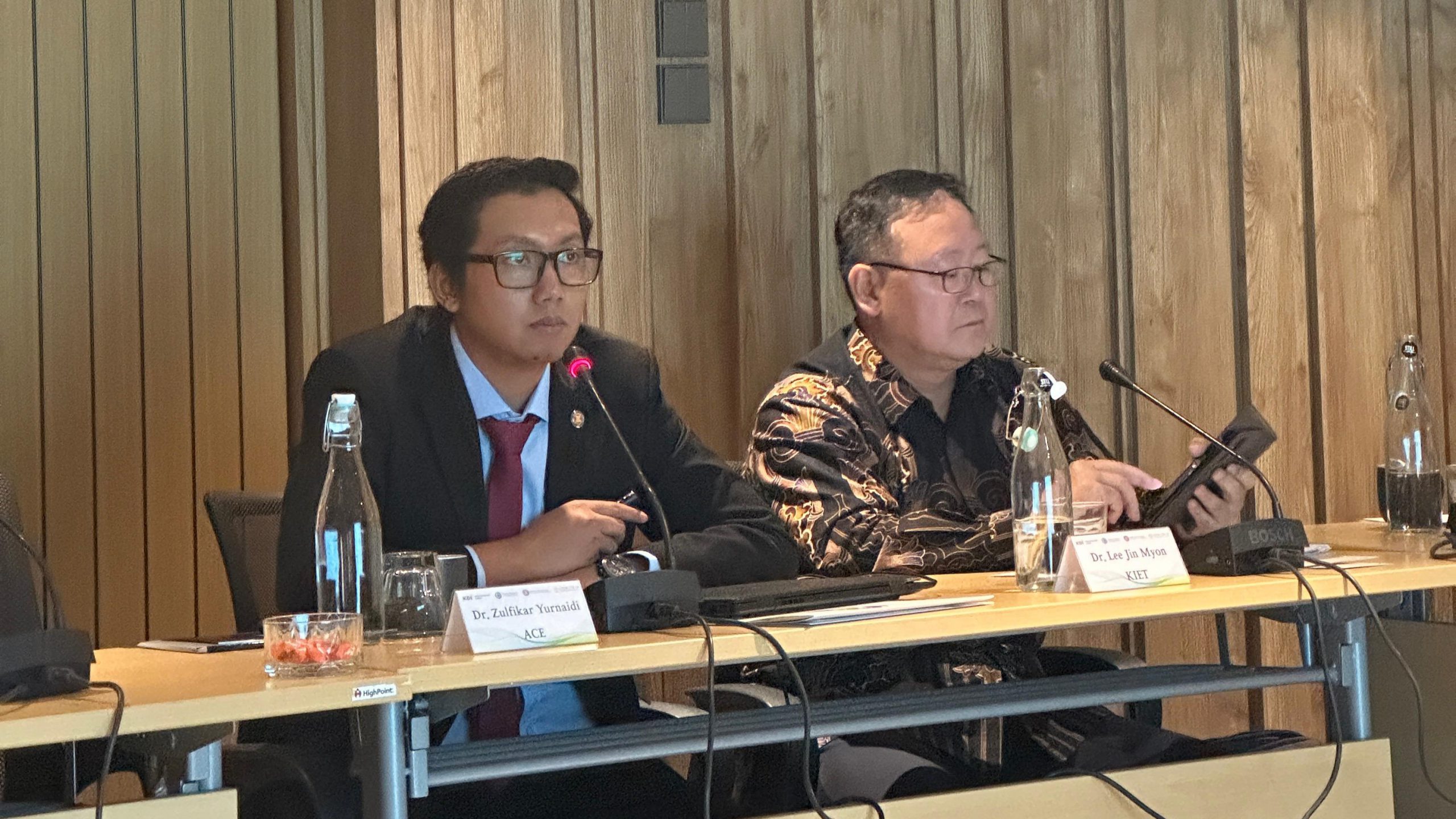
Photo 3. (Left-Right) Dr Zulfikar Yurniadi, Head of MPP Department at ACE, and Dr Jinmyoon Lee, Senior Research Fellow of KIET.
The next presenter, Prof Kyungsik Nam of HUFS, provided an overview of “Measures for Energy Efficiency in Indonesia”. He underlined Indonesia’s economy, energy sector, and the status of energy efficiency in the country. In discussing this, he mentioned that the energy efficiency policy was authorised by ASEAN Member States as of June 2020 and contributed by ACCEPT. The following discussion session was led by Dr Zulfikar, who led the subsequented discussion session, presented on “Energy Efficiency in ASEAN – Policy and Measures”. He introduced the ASEAN Plan of Action for Energy Cooperationg (APAEC) Phase II: 2021-2025, noting how AEO complements the APAEC and supports the creation of pathways in achieving regional targets. Dr Zulfikar also outlined policy recommendations from the AEO8, covering optimisation of energy, energy diversification and security, and enhancement of multistakeholder collaboration.
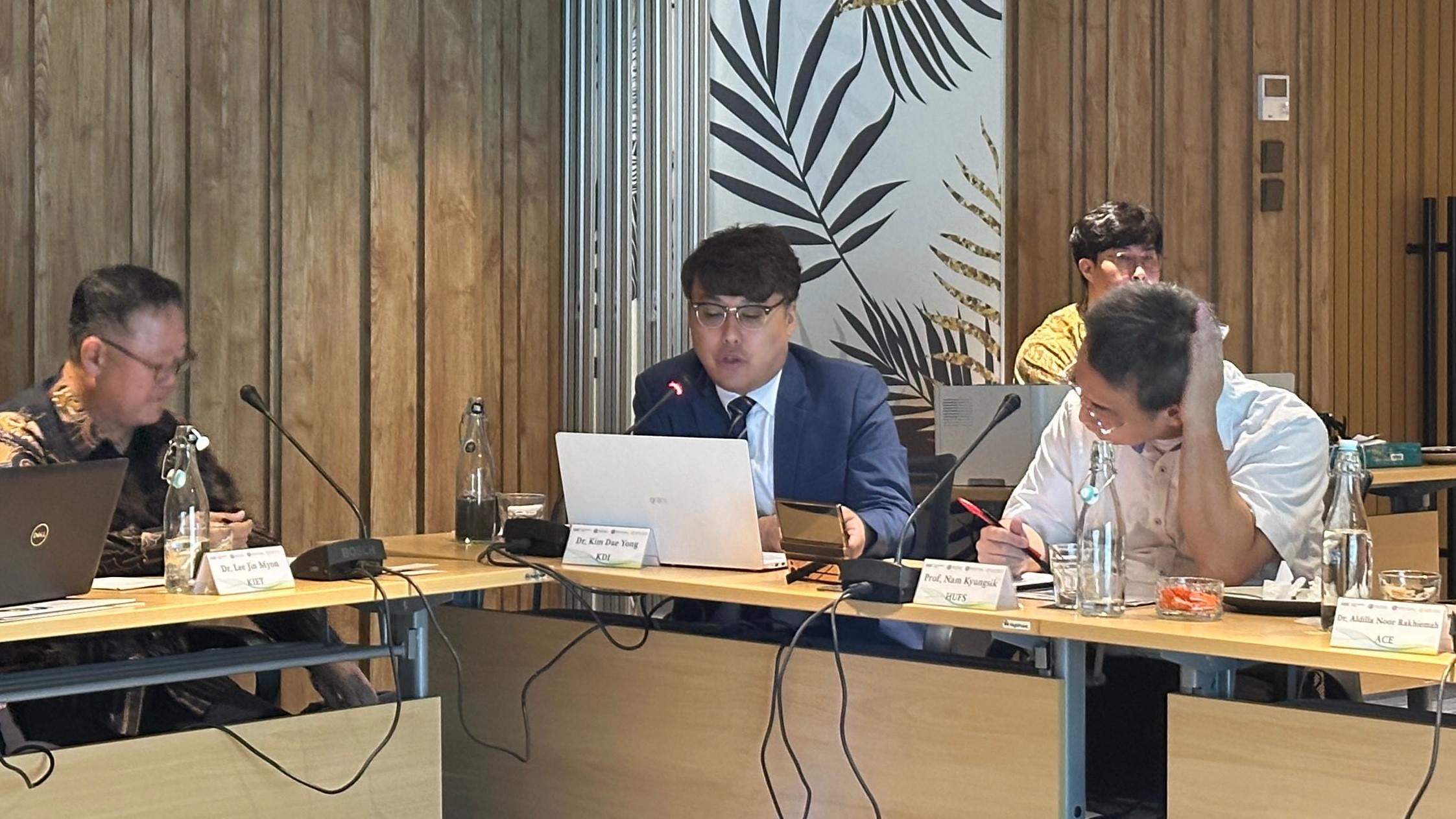
Photo 4. (Middle) Dr Daeyong Kim, Director of Development Research at Centre for International Development, KDI, during the discussion session
Moving onto the second session with the theme of “Scaling up Low Carbon Energy Technology”, Indira Pradnyaswari, Associate Research Analyst of ACCEPT led the session as the moderator. The first presentation was delivered by Prof I Nyoman Suprapta Winaya of Udayana University, focusing on the “Potential and Progress of Renewable Electricity Generation in Bali”, with Dr Daeyong leading the discussion. Prof Winaya provided a detailed overview of Bali’s electricity generation in the region and its commitment to increasing renewable energy mix and reducing greenhouse gasses, based on Indonesia’s Net Zero target by 2060 as stated in its Nationally Determined Contribution document. In this effort, Bali has built solar panels in several areas such as in Nusa Penida and Denpasar. Bali is also actively harnessing wind energy through research projects and developing wind turbines, as well hydropower and geothermal energy.
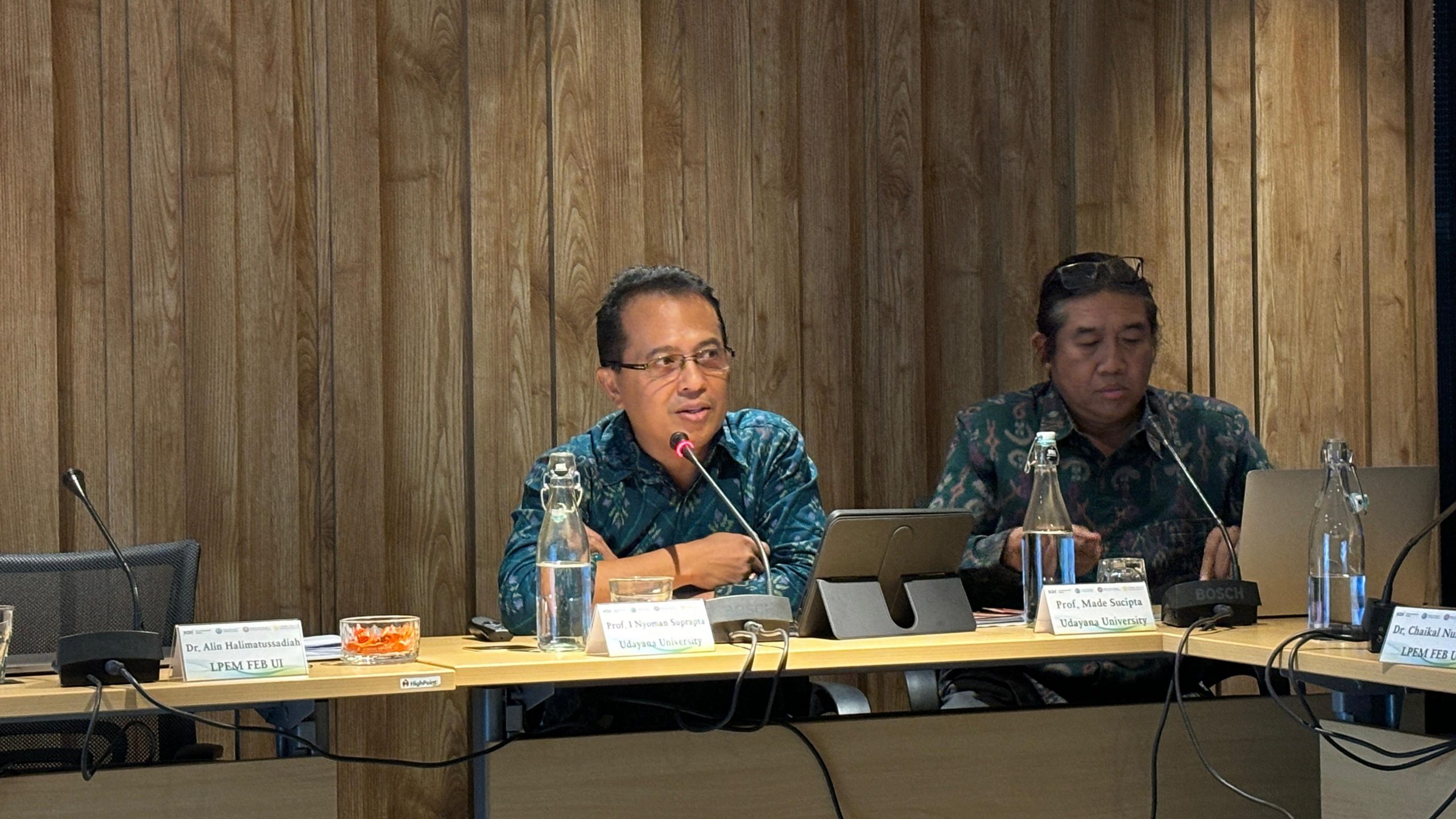
Photo 5. Prof I Nyoman Suprapta (Left) and Prof Made Sucipta of Udayana University (Right) during the discussion session.
Meanwhile, Prof Made Sucipta of Udayana University presented on the “Progress and Development of Low Carbon Energy Technology in Indonesia”, with Prof Kyungsik leading the discussion. Prof Sucipta touched upon Indonesia’s decline in oil production, which is accompanied by increased consumption, highlighting the need for alternative energy sources to reduce the dependence on fossil fuels. To achieve Indonesia’s Net Zero target by 2060 or sooner, he put emphasis on the importance of multistakeholder collaboration.
Moving onto session three, the discussion focused on “Climate Change Policy and Clean Energy Transition”, with Prof Kyungsik as the moderator. Jiwon Kim, Research Associate at KDI, discussed “Challenges Climate Change in Developing Countries”, while Alin Halimatussadiah of LPEM, University of Indonesia, leading the discussion. Jiwon’s presentation focused on international development cooperation for climate action. She noted that official development assistance (ODA) for climate change response gradually increased over the past ten years, with 32.9% accounting for climate change-related ODA in 2021-2022. Within this number, Asia receives the largest share due to high carbon emissions in the region. Jiwon also outlined the challenges for developing countries, such as the lack of financing and institutional capacity. As a way forward, Jiwon noted that developing countries need to seek pathways that align economic growth, net zero targets and climate adaptation.
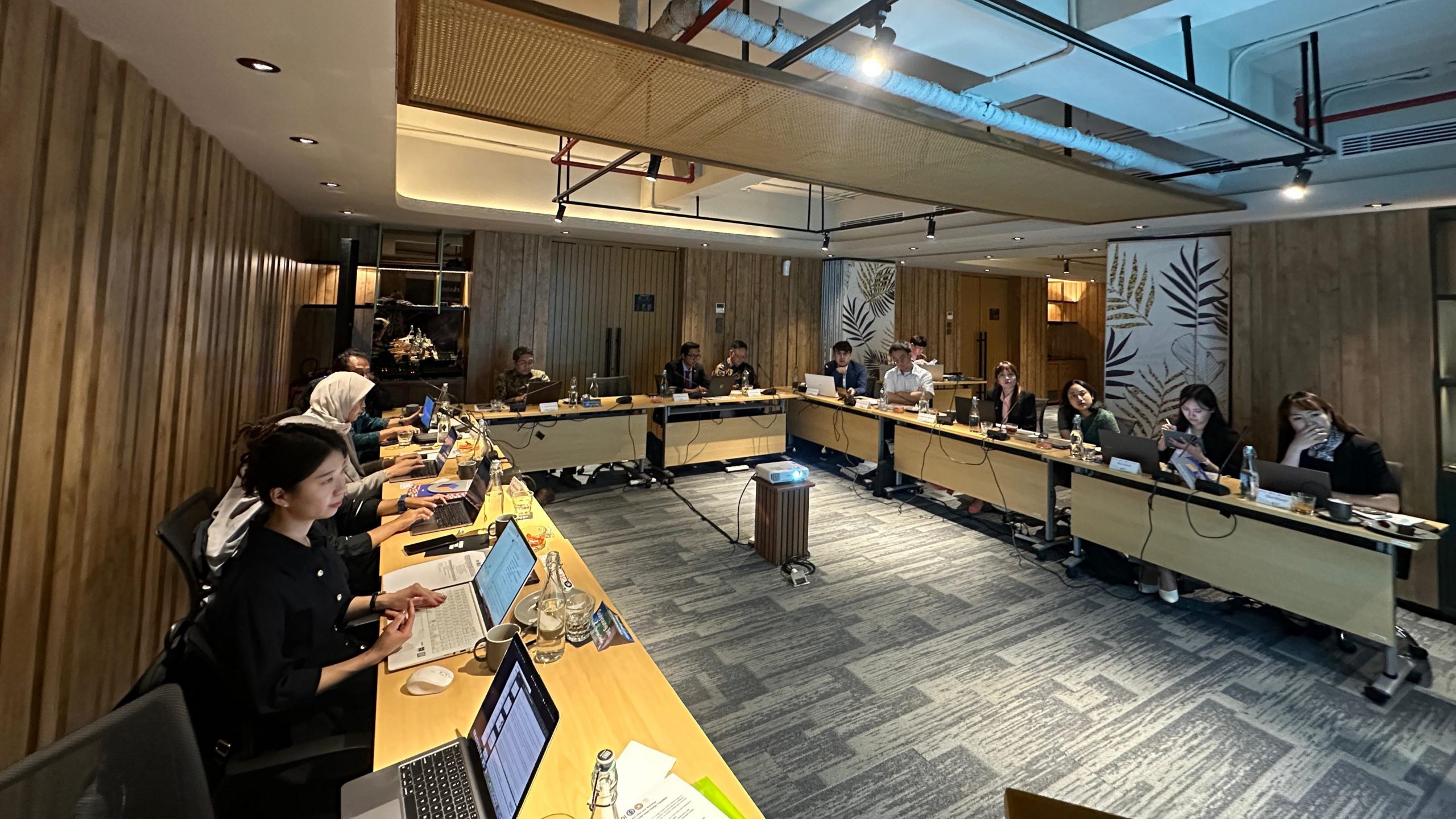
Photo 6. Participants of the “Climate Change Policy and Clean Energy Transition” Workshop
Dr Hyunyi Choi of KDI presented an “Analysis of Climate Technology in Development Cooperation”, with Milda Irhamni of LPEM, University of Indonesia, leading the discussion. The presentation highlighted the important role of climate technology to address climate change. Dr Hyunyi used the Analytic Hierarchy Process (AHP) to identify key priorities for climate technology, a process which helps in setting effective cooperation strategies. Overall, the analysis underlines the need for strengthened partnerships and targeted investments in climate technology to foster sustainable development.
The fourth and last session was a discussion on the future cooperation of South Korean and Indonesia. Guiyoung Jin of the Climate Change Centre at KDI, presented on “ROK-Indonesia Coopertaive Measures for Energy Demand Management: Focusing on Energy System Modelling”. He gave an overview of Indonesia’s power grid status and the importance of having an energy modelling system.
To wrap up the workshop, KDI and HUFS led the closing ceremony, with Dr Daeyong Kim delivering closing remarks. Overall, the discussions and findings culminated from the workshop not only serves as a foundation for policy advancement in climate change mitigation and clean energy transition, but also provides the potential for future collaborations between all participating organisations. The collaborative efforts between researchers from Indonesia, KDI, Climate Change Centre, and HUFS highlights the collective commitment to shared sustainable goals, facilitating information sharing to drive future innovations and policy advancements.
Moving forward, ACCEPT will continue to boost international cooperation, knowledge exchange, and collaborative research to advance climate change mitigation and clean energy transition.
(AZD)
Join our ASEAN Researchers Network on Climate Change (ARNECC) by registering yourself here. Become a part of our collaborative efforts to address pressing climate challenges and shape a sustainable future.
Detailed information on ACCEPT II can be found at https://accept.aseanenergy.org/
Follow our social media to get the latest updates on ACCEPT activities and ASEAN energy-climate information:
Instagram: instagram.com/asean_accept
X: x.com/asean_accept
We welcome any future collaboration, please feel free to contact us at [email protected]